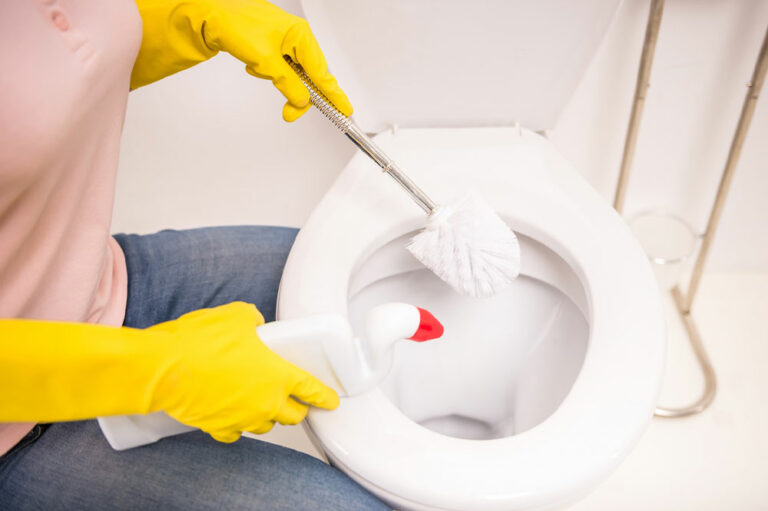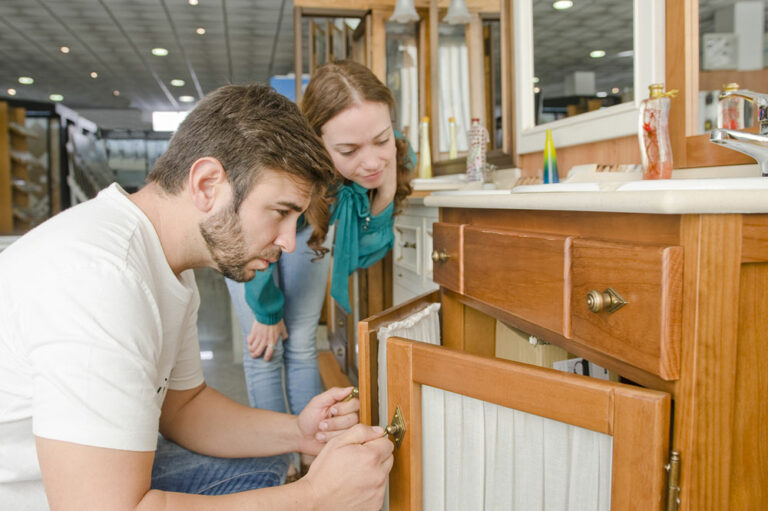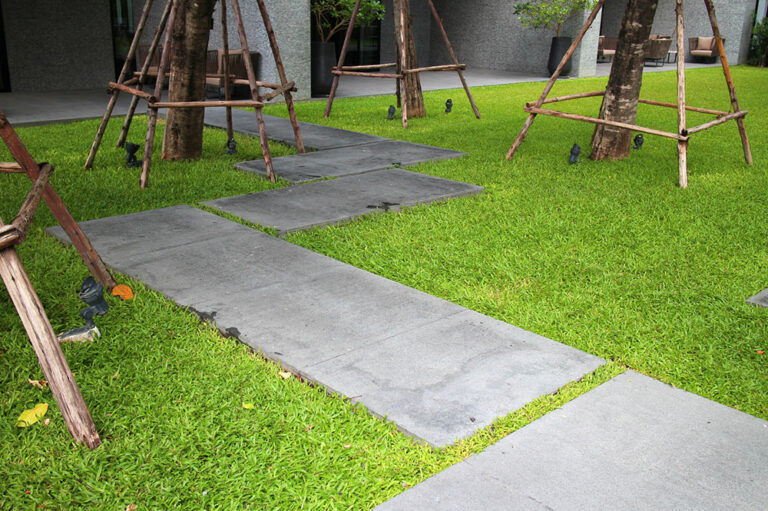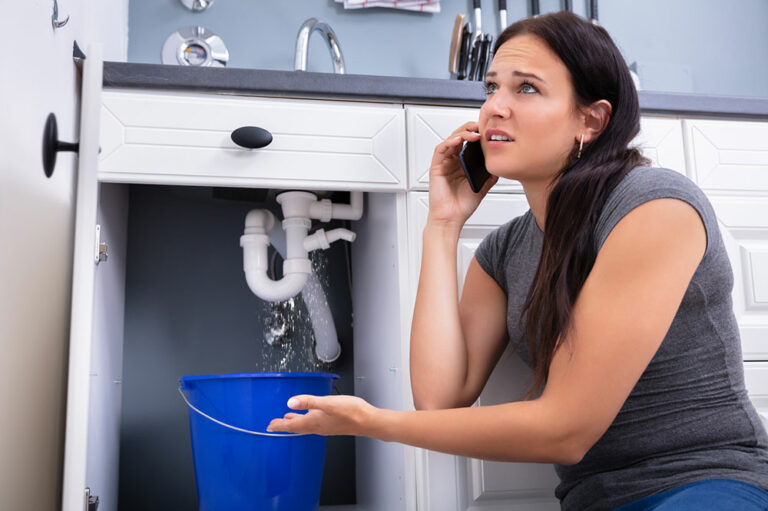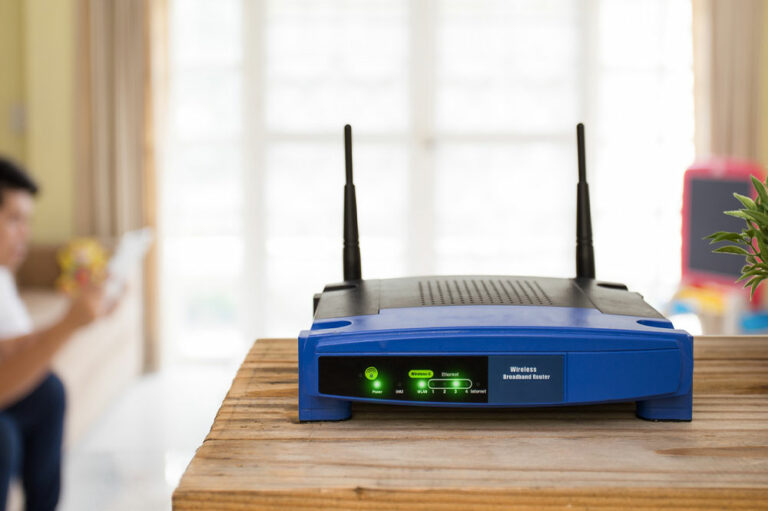7 tips for avoiding house sitting disasters

House sitting allows individuals to live in different locales while helping homeowners secure their properties during absences. However, as enticing as this arrangement can be, it also comes with its share of responsibilities and potential pitfalls. For that reason, the house sitter needs to know a few tips to help them avoid common house-sitting disasters. This ensures that both the sitter and the homeowner are comfortable with the arrangement.
1. Vetting the property before committing to the job
Before committing to a house-sitting assignment, thoroughly research the opportunity. This includes reading reviews of the homeowner, if available, and having a detailed discussion about expectations. Ask for references or previous housesitters’ contacts to better understand their experience and what the job entails.
2. Deciding the terms and conditions and clarifying doubts
Clarify all responsibilities and expectations in writing before the house-sitting begins. This agreement should include pet care, plant watering, and routine maintenance. Having everything documented can prevent misunderstandings and ensure both parties are on the same page.
3. Preparing for emergencies
The house sitter must ensure they have all necessary emergency contact information, including the phone numbers of the homeowner, local emergency services, a trusted neighbor, and vets if pets are involved. Knowing whom to contact and how to handle unexpected situations can drastically reduce the potential for disasters.
4. Getting familiar with the home and neighborhood
Upon arrival, the sitter should ask the homeowner to tour the house and point out any oddities or necessary maintenance tasks. They should familiarize themselves with the local area, including the nearest hospital, supermarket, and other essential services. This preparation can help them feel more comfortable and respond effectively to any issues.
5. Securing a communication plan
Maintain regular communication with the homeowner to update them on how things are going and to verify any uncertainties. Decide on the preferred method and frequency of updates to assure the homeowner that their home is in good hands.
6. Respecting the homeowner’s privacy
While house sitting, respect the homeowner’s privacy. Avoid going through personal items or areas of the house that are not relevant to your agreed-upon tasks. Treating the home respectfully fosters trust and can lead to future house-sitting opportunities.
7. Handling minor repairs
Small issues, such as a leaky faucet or a blown light bulb, can sometimes occur. Homesitters should, based on the agreement with the homeowner, be prepared to handle minor repairs themselves or know when it’s appropriate to call for professional help.
Following these tips can help prevent most house-sitting disasters and create a positive experience for the house-sitter and the homeowner. With clear communication, proper preparation, and respect for the homeowner’s property, house-sitting can be a delightful adventure that benefits everyone involved.
